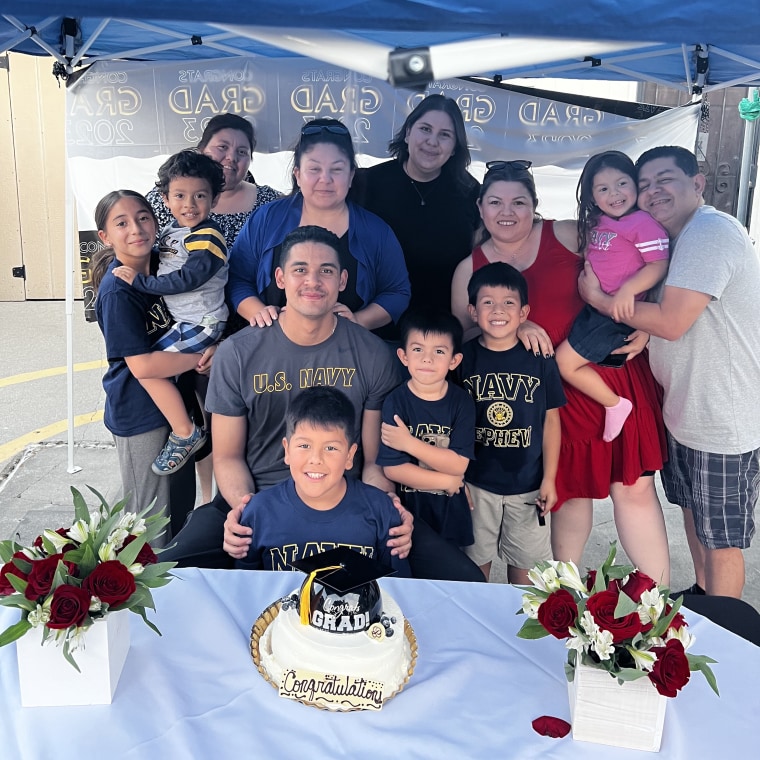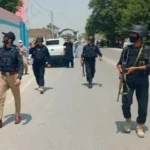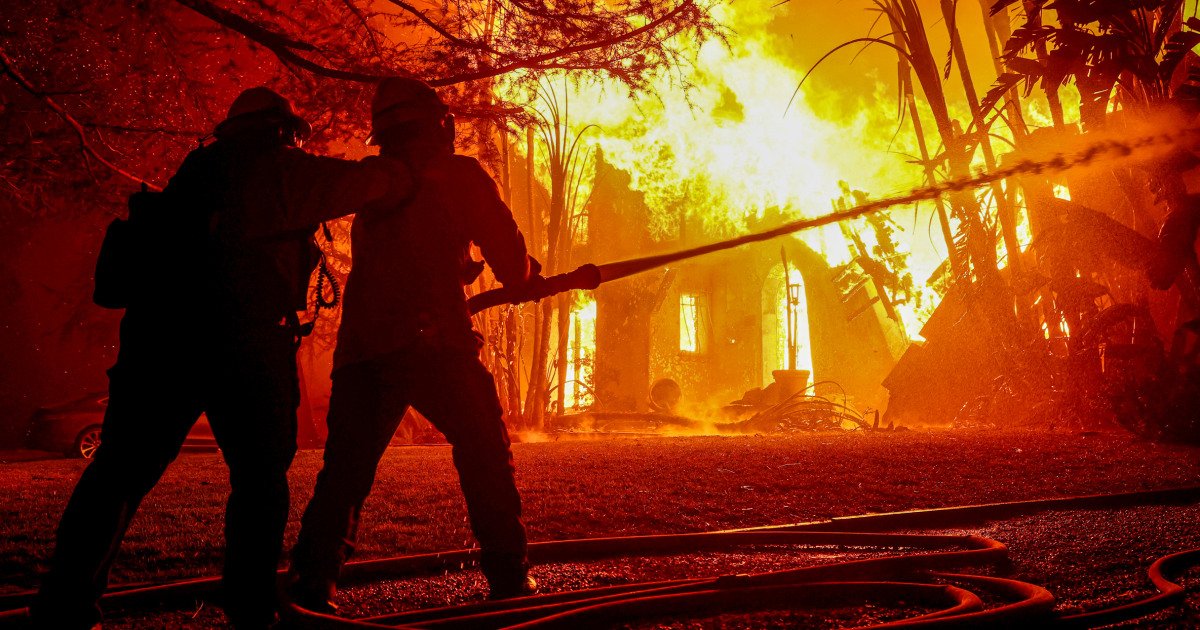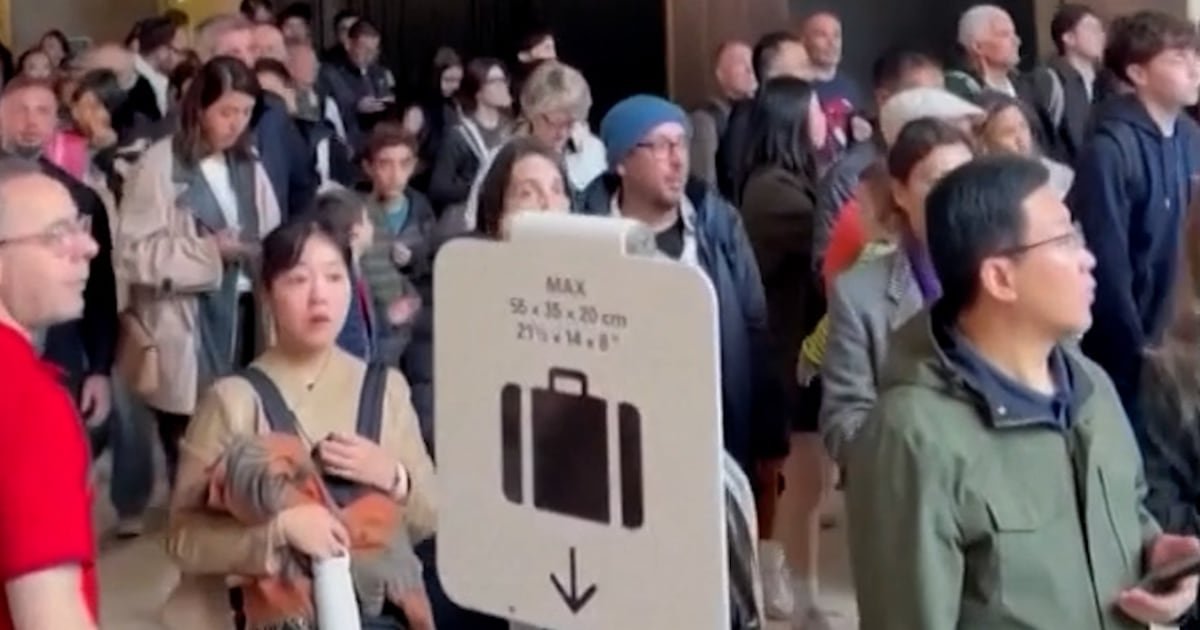For years, Aurys Hernández worked alongside her mother, who started the family daycare business two decades ago in her home in Altadena, California. It took only a few hours for the wildfires that devastated entire Los Angeles-area communities last week to consume their homes and livelihoods.
The fires destroyed the converted garage where they ran their licensed child care business. Gone was the brightly lit room where 12 to 15 children, mostly from working-class families in Altadena and Pasadena, played with multicolored toys and completed worksheets. The photographs of children that adorned the walls are now ashes.
“In three hours, everything was over. Our house, our homes, our work, everything,” Hernández, 45, told NBC News.
Along with mansions and wealthy enclaves, the wildfires still raging in California have charred and reduced to ashes communities of working-class families. The merciless flames left gardeners, caregivers, domestic workers, child care providers and others without the tools needed to do their jobs. The conflagration devastated the businesses where they worked and the homes of many employers and clients.
Follow here for live updates on the California wildfires
“There are a huge number of Latinos who are housewives,” said Julián Castro, executive director of the Latino Community Foundation, a philanthropic organization based in San Francisco. “They are the gardeners. They are day laborers. They are street vendors and their lives have been turned upside down. “Their livelihoods have been cut off.”
Workers are a key part of the state’s economy, vital to owners and consumers. Now, many are out of work and faced with finding temporary shelter or renting in an expensive housing market.
Hernandez fled her family’s smoke-filled four-bedroom home in the early hours of Jan. 8 with her two children, husband and parents and only important papers and clothing for two days. They now stay with a sister in Arcadia — 10 family members in a one-bedroom apartment, said Mariah Hernandez, her sister who organized a GoFundMe for the family.
The family, interviewed for the first time by Telemundo 52 Los Angeles, learned that their house was in rubble from a video that a friend showed them. Their hope now is to find an affordable home to rent, one where they can also resume their child care business, Mariah Hernandez said.
The absence of childcare has also had a knock-on effect for area workers, some of whom receive state vouchers to help cover costs. There are more than 20,000 home child care providers in Los Angeles County; 200 were in Altadena alone, said Blanca Gallegos, spokeswoman for Service Employees International Union Local 99.
It’s unclear how many of those businesses are now in ruins.
“We know of 12 who have completely lost their homes and dozens more have suffered damage that prevents them from reopening their daycares,” Gallegos said.

Short-term needs, long-term fears.
Similar stories have played out in other industries that employ the working class.
Heberto Campos’ work as a landscaper provided a good life in Altadena for him, his wife, and their two daughters, ages 15 and 9. He had worked as a dishwasher and cook, cared for horses and pruned trees, changed jobs and learned skills. to increase his income as his family grew, he said.
The fire was 20 to 25 feet from their rental home when they escaped.
“We ran out of the house,” said Campos, 40.
All that remains now are concrete pillars: none of the $10,000 in tools and equipment he used for his landscaping business. He does not have renter’s insurance.
After spending $850 for four nights at a hotel, Campos and his family are now taking refuge at the Church of the Nazarene in Pasadena, joining other families in the church. Their two dogs and birds are in a shelter, but the family’s chickens died in the fire.
His wife is sick from smoke inhalation, but he can’t afford the medication she needs, he said. “I’m trying with other friends to find” work in homes or businesses that have not been damaged by the fire, Campos said.
The church’s pastor, José Cervantes, said the first refugees arrived at the church on Tuesday. The couple, who were members of the church, were joined by three more people Wednesday morning.
“They had nothing,” Cervantes said.
After seeing the flames in Altadena from a distance the night of Jan. 7, the church posted a notice online that it would be open for people who needed a place to sleep. When word spread, it became a refuge.
Several of those who stay with him, particularly single men, have lost their jobs in restaurants and as gardeners, Cervantes said.
The church provides food and clothing. A local nonprofit is providing a taco truck that draws about 70 people. Cervantes said many of those who come have vouchers to pay for hotel stays, but the vouchers do not pay for food.
The League of United Latin American Citizens has compiled and vetted a list of Latino families in need of help, and the list has grown from 54 to 500 families, said Juan Proaño, chief financial officer of LULAC, the country’s oldest civil rights organization.
“Clearly there are many Latinos who have been affected and people don’t know it,” Proaño said. “We’re trying to highlight their stories and raise money to support them.”
Castro’s organization, the Latino Community Foundation, is releasing $1 million from its California Wildfire Relief Fund to community organizations focused on helping Latino workers and families. Groups that win the grants will provide cash assistance to fire victims as well as other needs, the organization said.
“We want to make sure the most vulnerable residents have their needs met,” Castro, who served as housing secretary under President Barack Obama, said of the philanthropic efforts. “But at the same time, only the government has the resources to meet the long-term housing needs that exist.”
Hugo Martínez, 46, lives in South Los Angeles and considers himself lucky to still have a place to live. But questions remain about how he will be able to pay the rent for the house where he lives with his wife and three children, ages 13, 10 and 6.
Martinez lost his job as a jewelry maker for Bill Wall Leather when the Malibu home where he operated the business caught fire and exploded. Part of the modified building was also used by doctors who had flammable medical materials on hand, Martinez said.
“Nine of us worked there, more or less, and now we are all out of work,” Martínez said. “We’re all trying to figure out what to do.”
For now he lives off his savings. He took a short-term unpaid job painting interiors because he said staying busy helps his mental health. He is working with a friend who lost his job at a restaurant destroyed by the fire.
“The most important thing is my family and my children and I have my house,” he said. “Unfortunately, others have lost theirs.”
However, the fear of what will come next remains. “Housing is incredibly expensive,” Martínez said, “and now it’s going to be more expensive.”









